Many startup founders think that their biggest battle will be to find funding.
What those founders have forgotten about is the demon of distraction.
Distraction and a lack of focus can slay any startup, stopping it dead in its tracks.
At the rate that startups fail, you don’t want to risk your business with a lack of focus.
By year three, 44 percent of startups fail.
Sharp focus is critical to your startup’s success. Maintaining your goals and your objectives for both short- and long-term gains can help you build a successful startup.
The distraction demon won’t ruin your burgeoning business if you utilize these 18 lessons on staying focused.
Where’s the revenue?
Each time that you’re about to make a decision for your startup, the first question you should ask yourself is, “Where’s the revenue?”
Many startups fall into the trap of believing that you won’t have revenue in the beginning stages. But why shouldn’t you have revenue?
If there’s no revenue, it’s easy to get distracted.
Many startup founders are motivated by the possibility of making money from their business ideas. By keeping the idea of revenue present in your mind, you’ll be more motivated to make your startup successful.
Keep your startup lean and focused by always keeping revenue present in your mind when making decisions.
Choose your leisure activities
Staying focused is all about choosing your leisure activities. Startup founders and entrepreneurs don’t waste their time on mindless distractions.
That means no TV. Sixty-seven percent of wealthy people watch one hour or less of TV a day. Skip the latest reality show and use your downtime for more beneficial activities.
The average American watches almost three hours of TV per day. Leisure time and activities are important for maintaining your focus, but that doesn’t have to mean going brain-numb in front of the television.
Manage your time and choose your leisure activities wisely so that you can maintain your focus without distractions.
Consider reading a book that might help you make critical decisions for your business. Listen to entrepreneurial podcasts. Brainstorm new ideas.
Be productive with your time
Startup founders are notoriously busy and short on time. Seriously, there’s always something to work on.
When you only have a short amount of time, it becomes imperative to be productive with each minute that you have.
Make sure that you’re choosing tasks that fit the amount of time that you have and that you make use of every minute.
Got off a call early and have five minutes to spare? Clean out your email inbox by getting rid of spam emails or responding to messages that require short answers.
When you find yourself with time to spare, don’t waste it on social media, YouTube videos, or surfing the Internet.
The average American spends 40 minutes a day on Facebook.
Unless you’re spending time on social media to network for your startup, don’t waste your time there.
Streamline tasks
Streamlining tasks helps you focus on your startup by not wasting time. A streamlined task is one that’s done in the easiest possible way.
You can easily optimize each task if you focus on the simplest route from Point A to Point B. You might look into management tools such as Trello and Slack to keep you on track.
You can also streamline your daily to-dos by making sure you’re working on similar tasks at the same time. Need to write a newsletter and a blog post? Do them one right after the other so that you don’t have to switch hats and your thinking style.
Streamlining should also involve the delegation of tasks.
There are only so many hours in a day, and as a startup founder, you have to remain focused on the tasks only you can do. If someone else has the skills to do what you’re working on, it should be delegated to them.
By delegating tasks, you streamline your day and allow yourself to focus on the most critical needs of your startup.
Create a to-do list
We have to re-think the to-do list. Many people create their to-do lists with the mentality of a superhero who never gets tired, distracted, or interrupted.
That’s not how a startup founder’s day goes. Create your to do-list so that you focus first on important tasks that you need to get done, and limit yourself to three to five tasks.
Consider this — only 50 percent of completed tasks get done within a day.
Those tasks that are on the list and don’t get done are much more likely to never get done.
Create your to-do list each evening before you leave your desk and make sure it only has on it the tasks that you know you can get done the next day.
Get up early
Successful people wake up early. The most productive hours of the day are first thing in the morning when there are no distractions, no phone calls, and no emails dropping into your inbox.
Studies show that the majority of people wake up between 6 and 6:30 a.m.
Get up before the rest of the world, and you’ll be pleasantly surprised by just how much you can get done in that first hour or so.
Eat the frog
When you first wake up (after coffee that is), you’re at your most focused and productive. During that first most productive hour, you should eat the frog.
What that means is that you should do your toughest task at your peak work time.
Everyone has slightly different circadian rhythms, and some people work better at night than in the morning. Find that ideal time of focus and make sure you take care of your toughest task right then.
Do something every day for your business
No matter what day it is, do one thing for your business. Whether it’s a holiday, your birthday, or just a Saturday, take one step toward furthering a business goal.
Doing at least one thing every day for your business keeps your mind fresh and focused on your startup.
When you take a day off, it’s harder to drop back into working on your business the next day.
Now, I don’t advocate that you never take any time off. Everybody needs a break.
On a vacation day or weekend, choose a small, quick task that keeps your brain thinking about the business. Then get on with your rest and relaxation.
Most people already work long hours, so I’m not suggesting that you work more hours per week.
Instead, work fewer hours, but spread them out over seven days instead of five. By completing a task every day, your brain remains sharp and focused on your startup.
At the same time, by reducing your daily hours, you’re less likely to get burned out.
Curate your relationships
Research has shown that we act and think like those people with whom we spend the most time. To capitalize on your relationships, choose your mentors wisely.
Having a mentor can greatly increase your productivity and focus. Ninety-five percent of mentees reported that they felt more motivated to do their best when reporting back to a mentor.
Having a mentor can motivate you to focus and achieve your startup goals because you know someone is checking your work.
Your mentor is your accountability partner. When you notice that you’re getting distracted, you can regain focus by envisioning yourself telling your mentor that you didn’t succeed.
Don’t waste time networking
Networking doesn’t increase your focus.
Often, networking at it’s best is a waste of time, and at its worst, it’s a distraction that forces your business in too many directions.
Networking can be a major distraction for many startup founders. Not only does attending the events take time away from your business, but advice from too many people can stretch you too thin.
As well, watch out for networking events that look more like socializing than an opportunity to grow your business.
Once you’re a startup founder, you’re going to receive dozens of emails from complete strangers and from long-lost friends who want to pick your brain or grab a quick coffee.
You can’t grab a coffee with everyone who asks you.
These network and socializing events will quickly distract you from your startup. Prioritize who you actually need to meet with and which meetings will improve your focus on your startup — not distract you from it.
Make money
One of the biggest mistakes that I made when starting Kissmetrics is that I didn’t start selling and making money soon enough.
Instead of maintaining focus by making money, I was distracted by creating a great product, finding the right demographics, and reaching the ideal market fit.
You don’t have to wait for those things to fall into place before you begin selling.
There are a lot of funds available out there. By focusing on making money, your startup is more likely to receive some of that funding and to become profitable.
It takes some time to make money from your startup, so you should start selling as early as possible.
Many startup founders are motivated to get into the startup game to make money, so why shouldn’t they start selling as soon as they have a viable product?
Not making money can be discouraging to startup founders and employees, which can lead them to distraction. Allow yourself to launch your product and to begin selling before everything else looks “perfect.”
Mornings = creative time
Similar to eating the frog, you should use your morning time for creative tasks.
Many of us have the bad habit of getting up in the morning and immediately checking our phones to see what emails came in over night.
Doing these types of mindless tasks first and building up to the harder tasks drains your energy and reduces your focus. Not only that, but it makes it more likely that those creative tasks won’t get done.
Checking your emails and attending meetings are tasks that should be reserved for the afternoon.
Exercise your focus muscle
Like all things, focus takes practice.
If you’re used to multitasking, focusing on one single task might feel impossible. That’s OK. You just need a little bit of practice.
Multitasking greatly decreases your focus, productivity, and accuracy. Multitasking can even make you less intelligent.
To increase your ability to focus on one task, start small. Maybe you only focus on one task for 5 or 10 minutes. As that becomes easier, increase the amount of time you focus.
You might also use some tricks to help you improve your focus. Studies have shown that humans focus best in short bursts followed by quick breaks.
This is known as the Pomodoro method.
If that doesn’t quite work for you, create a focus playlist that’s your desired length. Somewhere between 25 and 50 minutes is the right length of time for short, intense focus.
When the playlist or Pomodoro timer ends, it’s time to get up and take a short break. The reprieve should involve getting out of your chair and peeling your eyes away from the screen.
Getting away from your work and the screen will help to rejuvenate you and get you ready for your next intense focusing session.
This work and break cycle has been shown to increase focus and productivity.
Rest
You can’t focus if you don’t rest.
Whether your rest is 15-minute meditation after lunch, a walking meeting that takes the place of sitting down in the conference room, going to the gym, or just making sure that you’re getting 8 hours of sleep every night — you need it.
Even micro-breaks of 15 to 30 seconds can help to greatly improve focus.
Recent research also shows that Americans are generally overworked and underslept.
A lack of sleep can impair your driving in a similar way as intoxication. Can you imagine what that does to your ability to work and make decisions for your startup?
It’s not easy to build a startup, but burning yourself out by not taking a break, not resting your mind, and not sleeping won’t help you build the success you deserve.
Make sure to take time to rest and restore your brain to improve your focus on your startup.
Set goals
Goals help to maintain focus by reminding you of what you want to accomplish.
Without goals, startup founders are much more likely to get distracted and pulled in too many directions.
Your goals might be daily, quarterly, small, or complete dreams that you don’t think are actually achievable.
Most people will have a few different levels of goals. Each type of goal will help to sharpen your mind and maintain your focus.
Disconnect while your work
Entrepreneurs and startup founders are used to multitasking and switching from task to task quickly.
Disconnecting from your phone, email, and messaging apps while your work will greatly improve your focus and productivity.
Research now shows that your brain activity decreases when you try to do more than one task at a time.
Each time you’re distracted by an email ping or a message coming through on Slack, you have to refocus, which wastes valuable moments of your day.
Instead of context switching, disconnect while you do creative or complicated tasks to make sure that your ability to focus is at its peak.
Align your work and values
Have you been having a hard time focusing on your startup? If so, it might be because you don’t actually care about what you’re working on.
Not being passionate about your work will make it very hard to focus. This fact is very hard for many startup founders to accept and to realize about themselves.
When your work is for something that you believe in, it will trigger your passion and your drive. Aligning your values with your work will make it much easier to focus on your startup.
Create habits and routines
Know why Mark Zuckerberg and many other startup founders wear the same clothes every day? They’re avoiding decision fatigue.
If your life is full of habits and routines, you won’t have to waste time making small or inconsequential decisions.
To avoid decision fatigue, build your life around habits and routines. This, in turn, will make it easier to focus on the important decisions that you need to make for your startup.
By reducing the number of decisions you make each day, you now have the capacity to focus on the decisions that are difficult to make or are most important for your startup.
You can easily reduce the number of decisions you make each day by designing your ideal lifestyle and living by a set routine that feels comfortable to you.
Once your routine is established, you no longer have to decide when to shower, how to dress, what to eat for breakfast, or when you’ll have time to go to the gym.
Reduce your decision fatigue and you’ll automatically increase your ability to focus on your startup.
Conclusion
No matter which of these lessons you choose to implement, improving your focus can make it much easier to build your startup and to turn it into a successful business.
Staying focused isn’t easy, but it’s imperative for building a thriving startup. Overall, what you need to think about when building a new enterprise is reducing your distractions so you can remain focused.
Distractions can come in the form of making decisions, networking, distractions, and multitasking. Get rid of one or all of those things and you might be amazed by just how well you can focus on your startup.
What do you do to stay focused while building your startup?

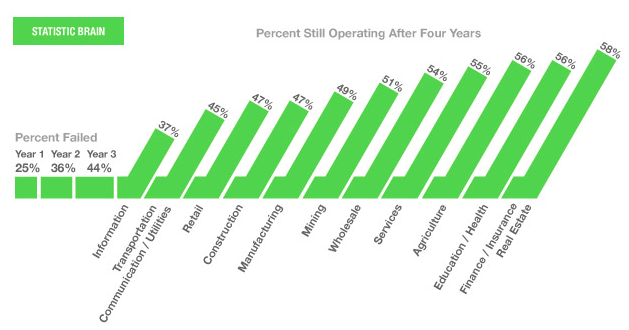
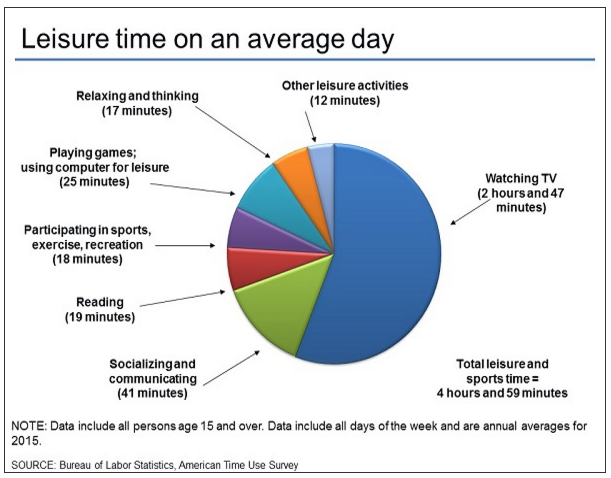
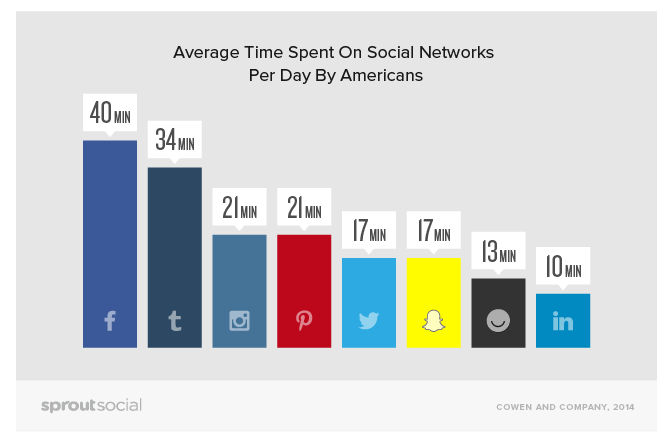

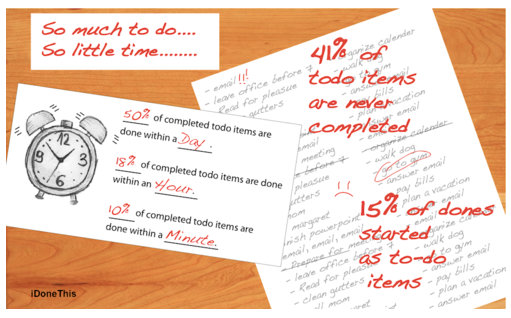
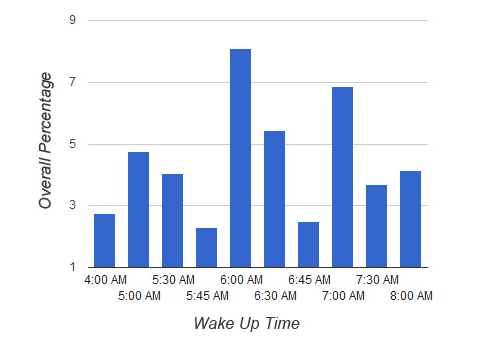
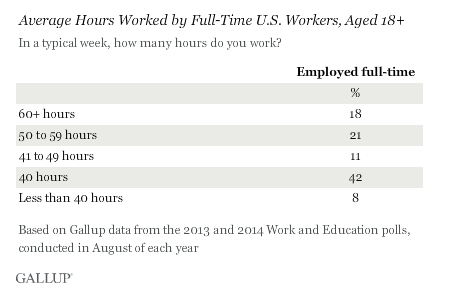

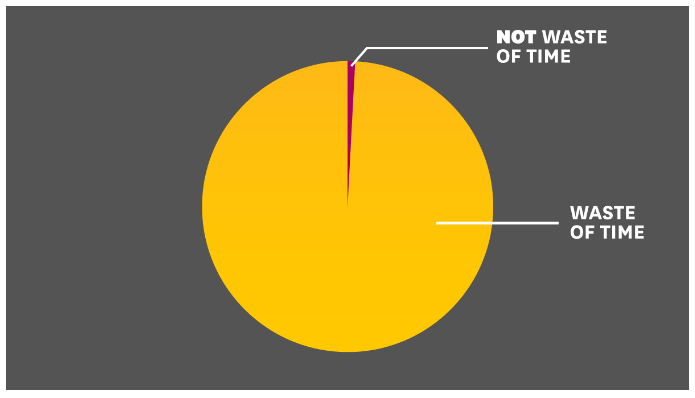
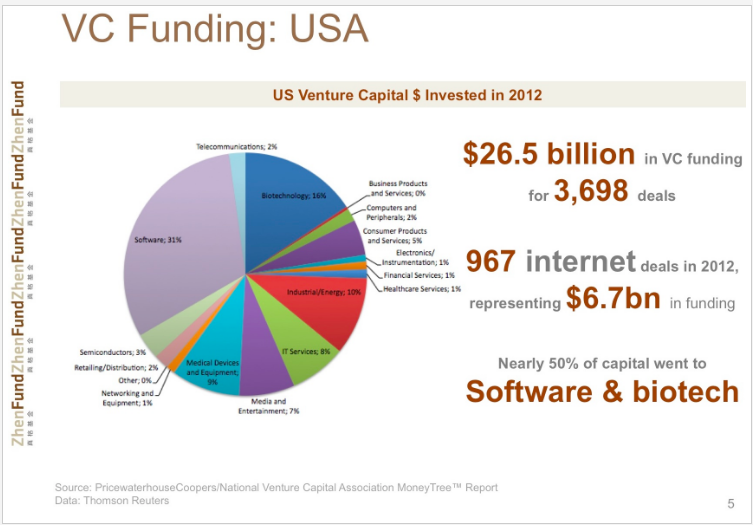
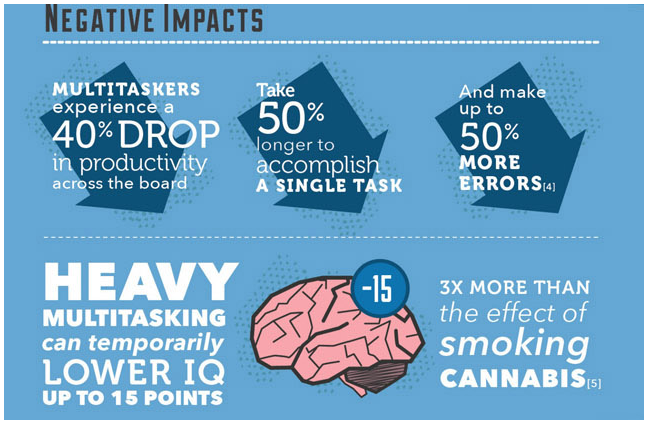
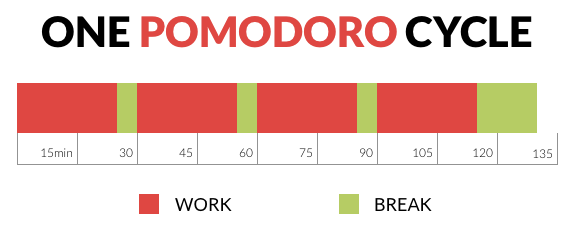
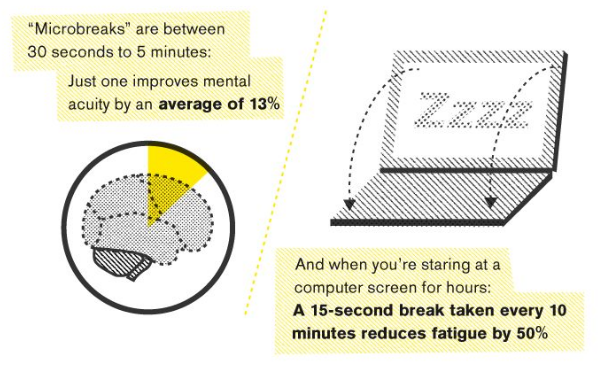
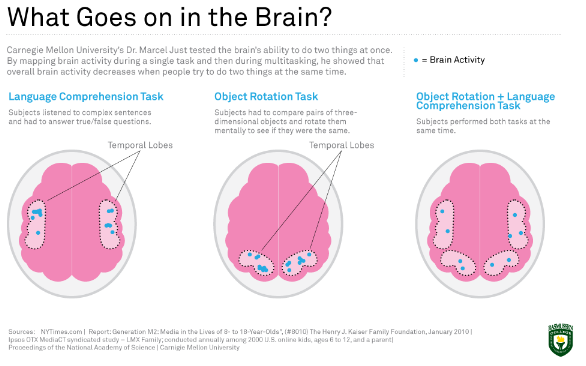
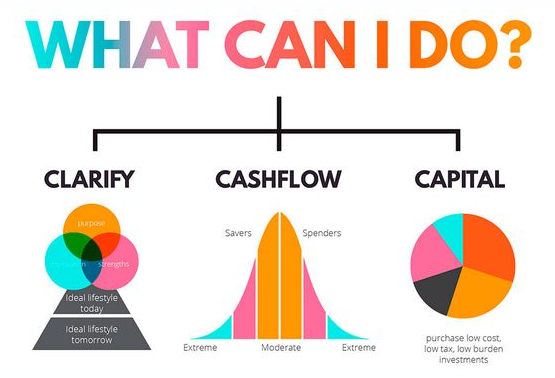
Comments (8)